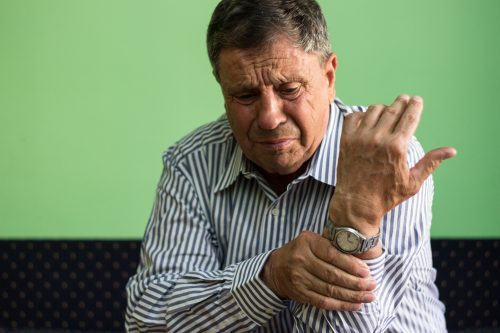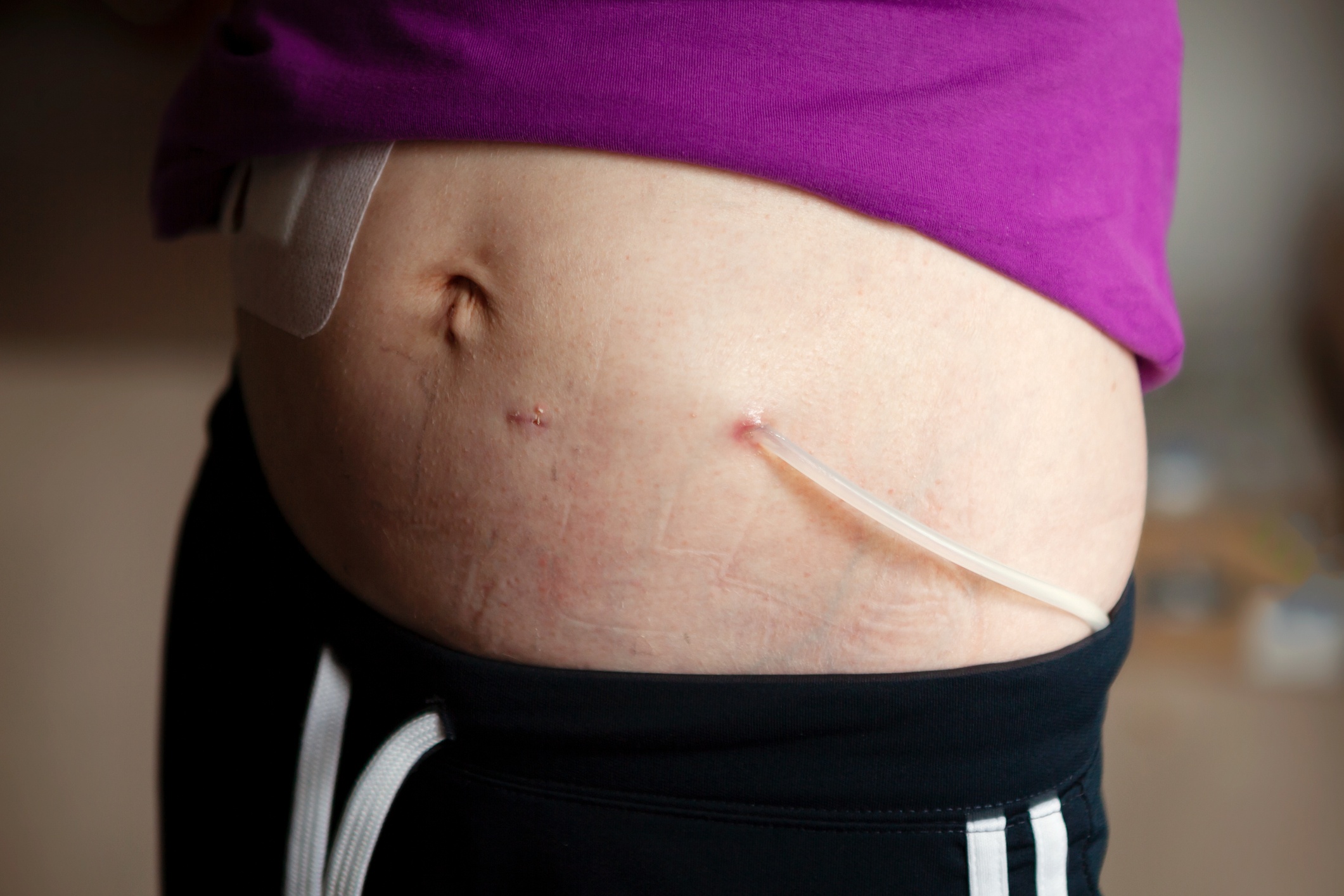
To compare the survival and home time of older adults initiating dialysis within 30 days to those receiving continued medical management, Maria E. Montez-Rath, PhD, and colleagues conducted an observational cohort study using target trial emulation.
The study utilized data from the US Department of Veterans Affairs from 2010 to 2018 and included 20,440 adults aged 65 years or older with chronic kidney failure and an eGFR below 12 mL/min/1.73 m2 who were not referred for transplant. The mean age was 77.9 (SD, 8.8) years.
The median time to dialysis initiation was 8.0 days in the dialysis group and 3.0 years in the continuing medical management group. Over three years, the dialysis group survived 770 days, and the medical management group survived 761 days, a difference of 9.3 days (95% CI, -17.4 to 30.1 days).
Compared to the continuing medical management group, the group initiating dialysis spent 13.6 fewer days at home (95% CI, 7.7 to 20.5). The dialysis group had 77.6 days longer survival (95% CI, 62.8 to 91.1) and 14.7 fewer days at home (95% CI, 11.2 to 16.5).
In conclusion, older adults who were not referred for transplant and began dialysis when their eGFR fell below 12 mL/min/1.73 m2 had limited gains in life expectancy and spent less time at home.
Source: Annals of Internal Medicine. 2024 Sep;177(9):1233-1243







 © 2025 Mashup Media, LLC, a Formedics Property. All Rights Reserved.
© 2025 Mashup Media, LLC, a Formedics Property. All Rights Reserved.